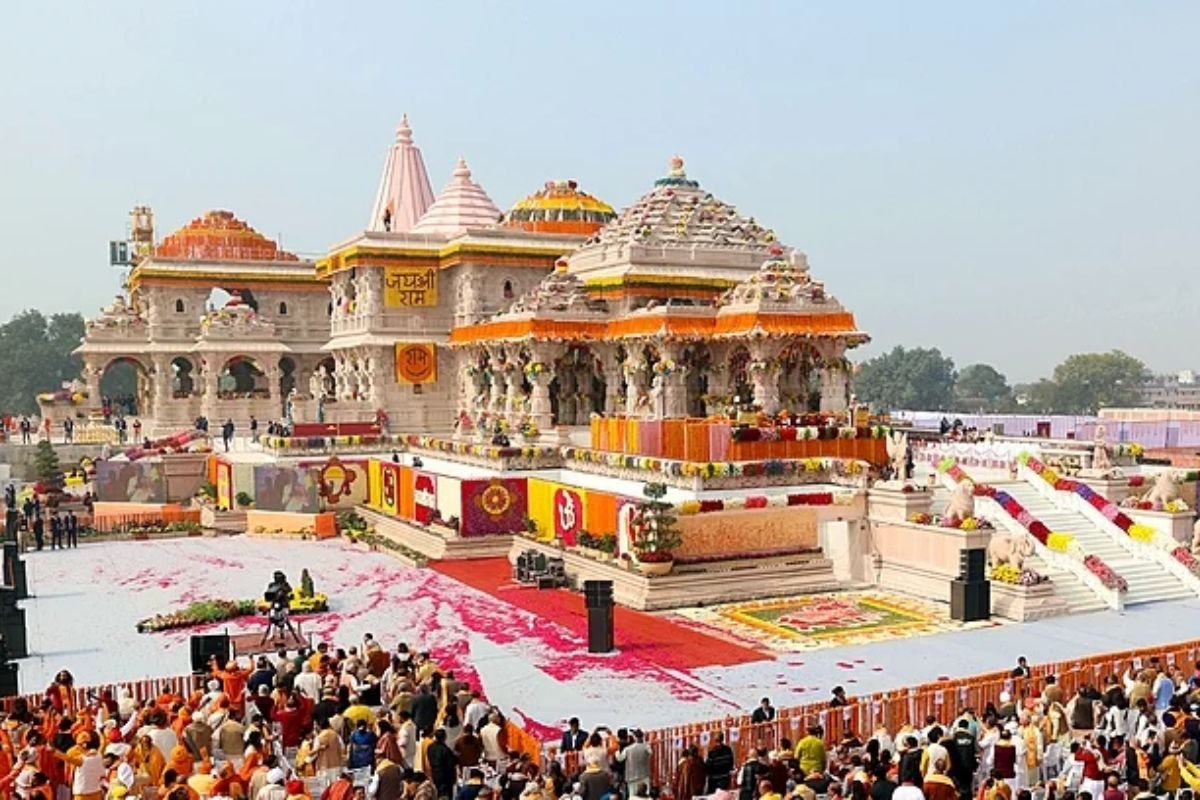THIRUVANANTHAPURAM: The two-day CPM central committee meeting held in Thiruvananthapuram strongly criticised the consecration of the temple in Ayodhya on January 22, stating that it marks the demise of secularism – the principle that separates religion from the state, administration, and politics.
The central committee, in its observations, highlighted that the temple inauguration was a state-sponsored event, directly involving the Prime Minister, UP Chief Minister, UP governor, and the entire state machinery. Congratulatory messages from the President and Vice President further underscored the event’s political nature.
“The entire function blatantly violated the fundamental principle laid down by the Supreme Court, emphasising that the State, under the Constitution, should maintain no religious affiliation or preference.”
READ MORE : Death penalty for 15 PFI members in Kerala for BJP leader Ranjith Sreenivasan’s murder
Describing it as an event orchestrated for political and electoral gains, the committee resolution pointed out the massive nationwide campaign by the RSS/BJP leading up to the event. Public screenings, closures of educational institutions and government offices, and mobilisation efforts indicate the political underpinnings of the ceremony.
The resolution also expressed concern about the implications for the Places of Worship Act, 1991, stating that the status quo of religious places, excluding Ayodhya, as of August 15, 1947, may now be compromised. The disputes in Kashi and Mathura have resurfaced, and the resolution noted Prime Minister Modi’s gratitude to the Supreme Court for its Ayodhya verdict.
While the CPI(M) respects individual religious beliefs, it vehemently opposes the misuse of such beliefs for political gains and the amalgamation of religion with the State.
BJP’s Recent Victories: Hindutva Consolidation and Caste Exploitation
The state committee of the party acknowledged the recent victories of the BJP in Madhya Pradesh, Rajasthan, and Chhattisgarh, attributing them to the consolidation of Hindutva communal votes and the exploitation of caste sentiments. The party emphasised the need to confront Hindutva communal consolidation directly and cautioned against adopting soft Hindutva positions.
The party criticised the BJP’s alleged misuse of the Enforcement Directorate (ED) and financial power to engineer defections among opposition parties, citing instances in Maharashtra, Karnataka, and Bihar. The resolution noted the people’s determination to hold those who switch allegiances accountable in the upcoming elections.
In conclusion, the CPI(M) reiterated its commitment to upholding secularism and opposing any attempts to blend religion with political agendas.

